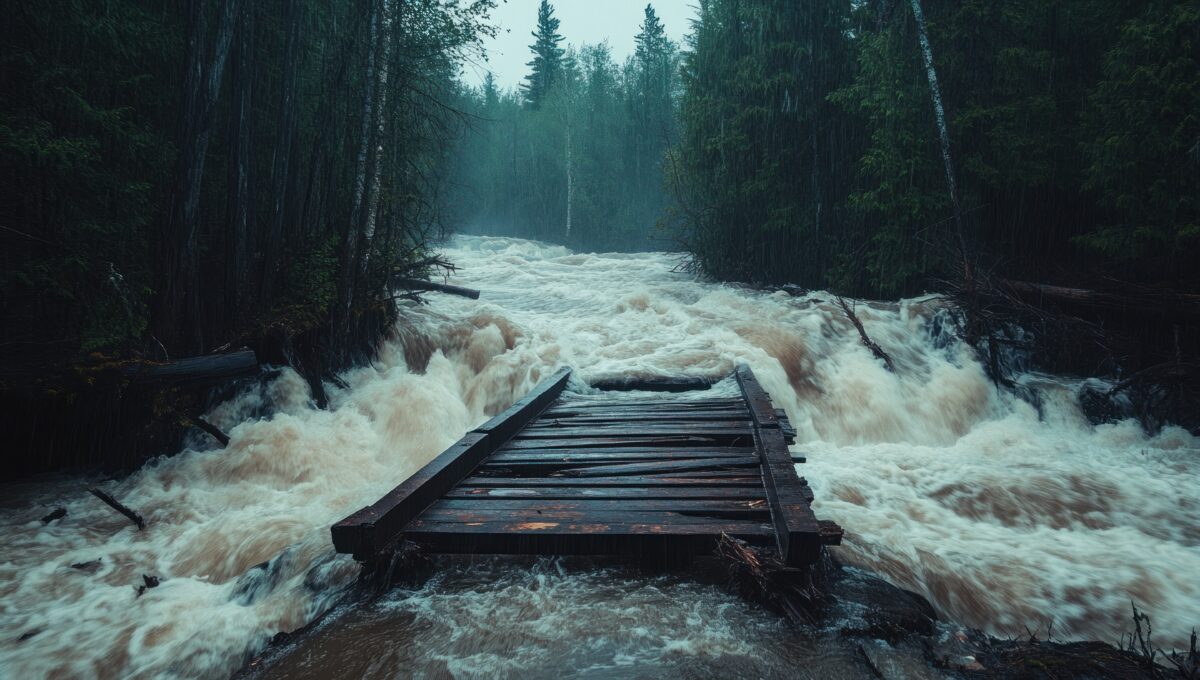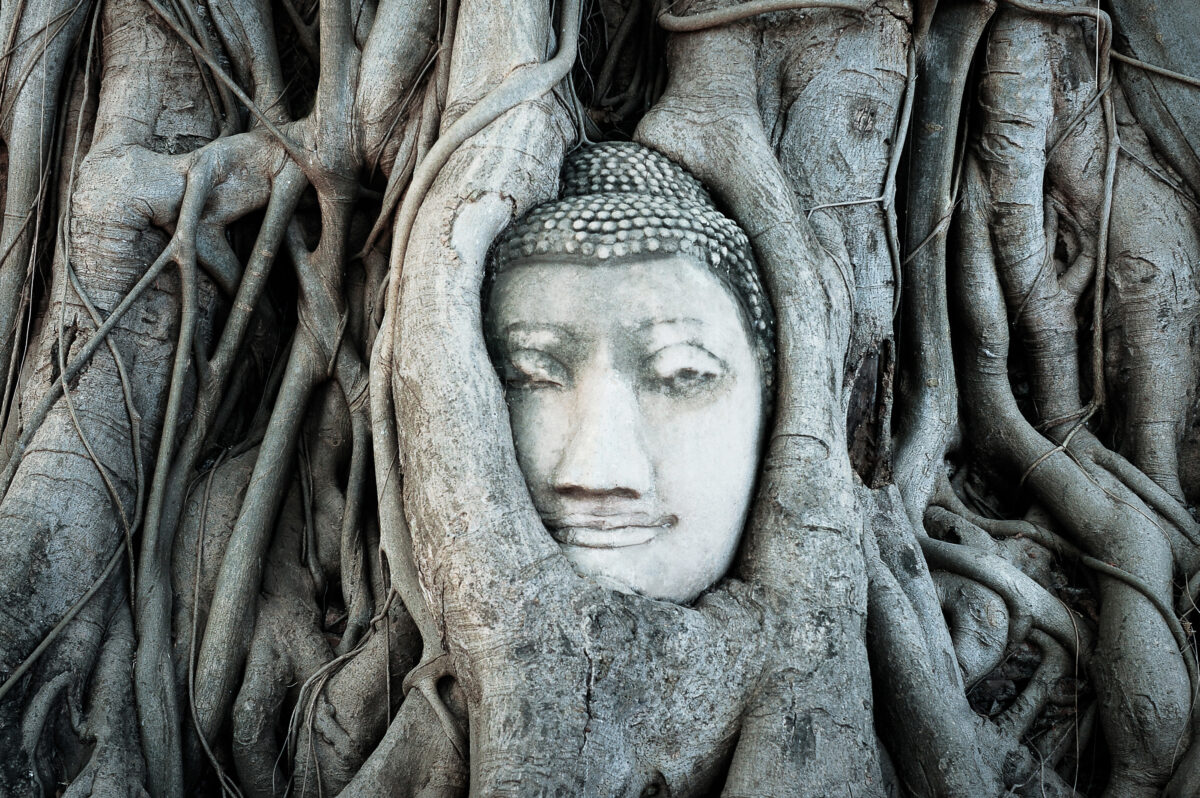
Unscientific “Nature Rights” Mysticism Pushed at Harvard
The “nature rights” movement is pushing environmentalism into the unscientific realm. Specifically, the movement promotes a neo-pagan mysticism — such as invoking Pachamama the Incan earth goddess — as a major basis for its advocacy. Such unscientific approaches have reached the highest levels of the ivory tower and have been invoked in medical and science journals. Most recently, the Harvard Kennedy School hosted a symposium on “nature rights” undergirded by “indigenous knowledge” as part of the 2025 Harvard Climate Action Week. From “Indigenous Leadership on Protecting Water as a Fundamental Right“: Throughout the event, a recurring theme was the need to reframe the human relationship with water—not as a resource for human consumption but as a living relative with which Read More ›
